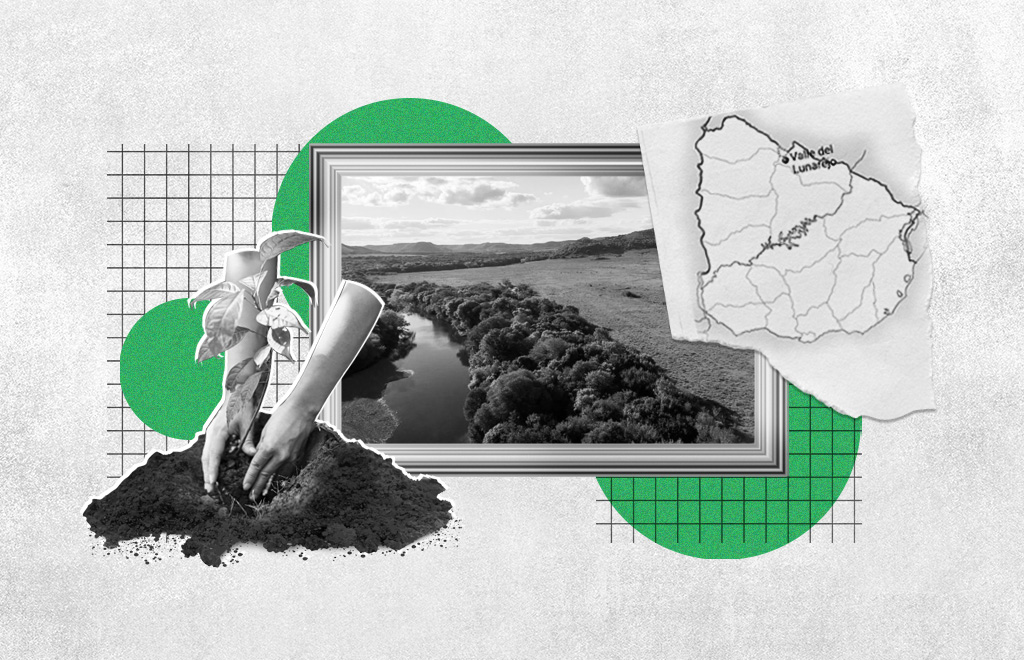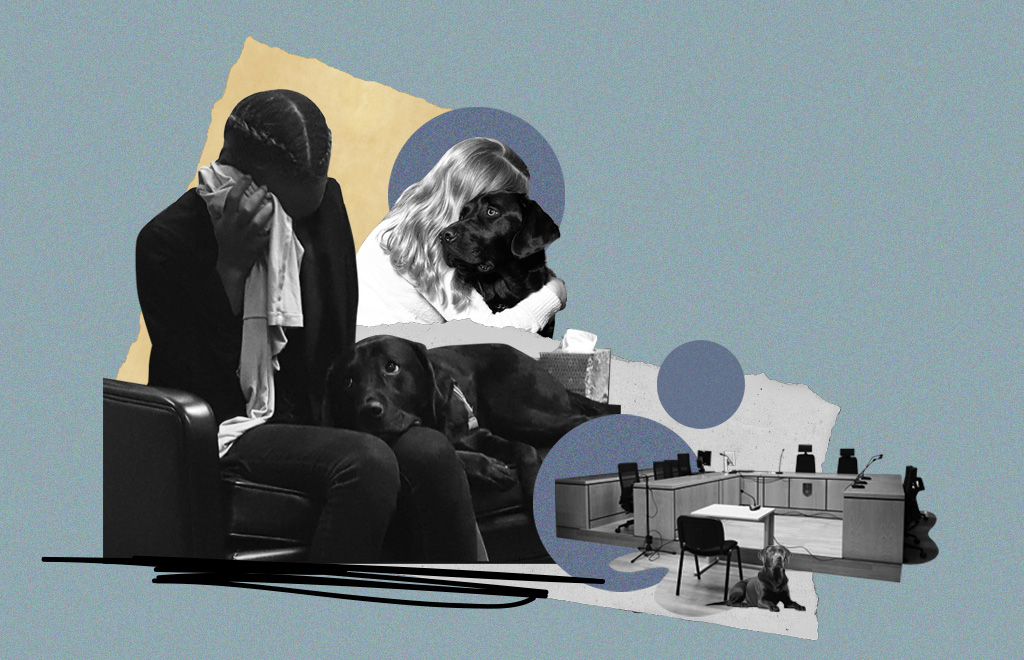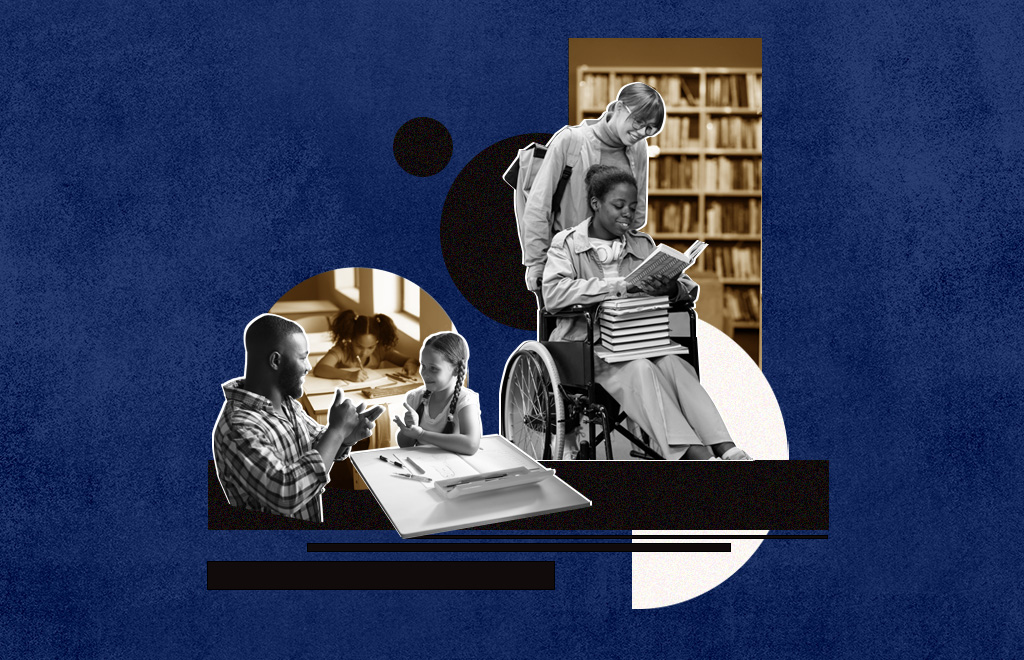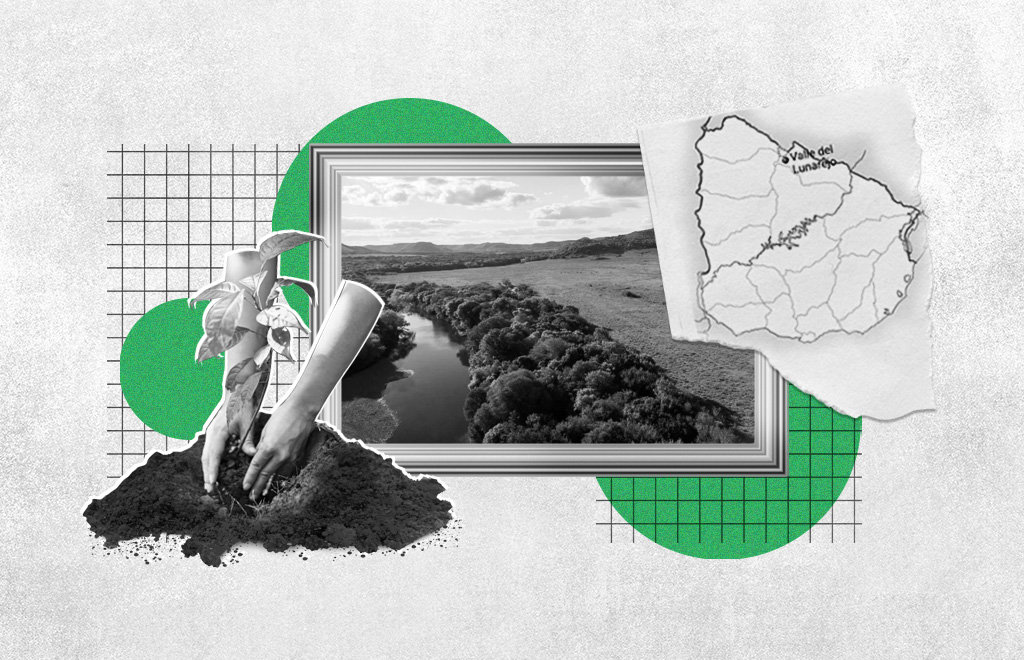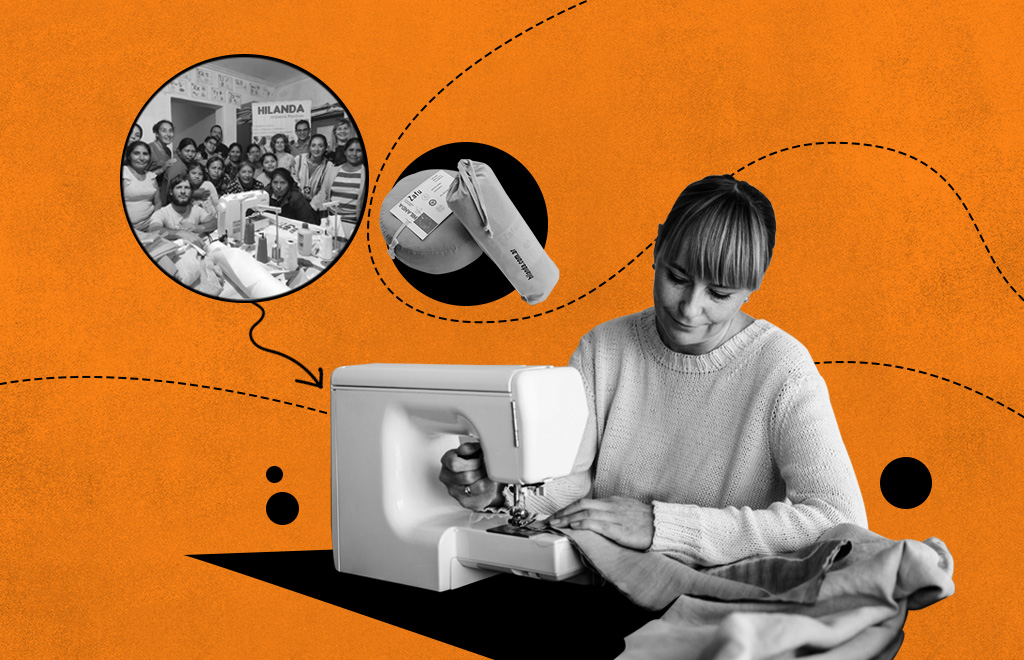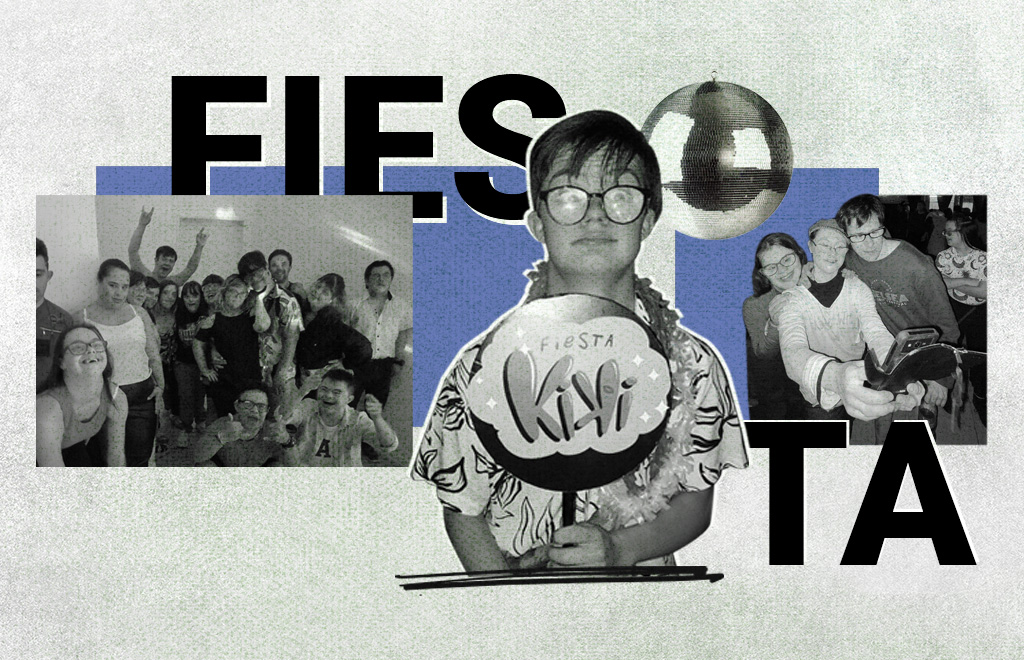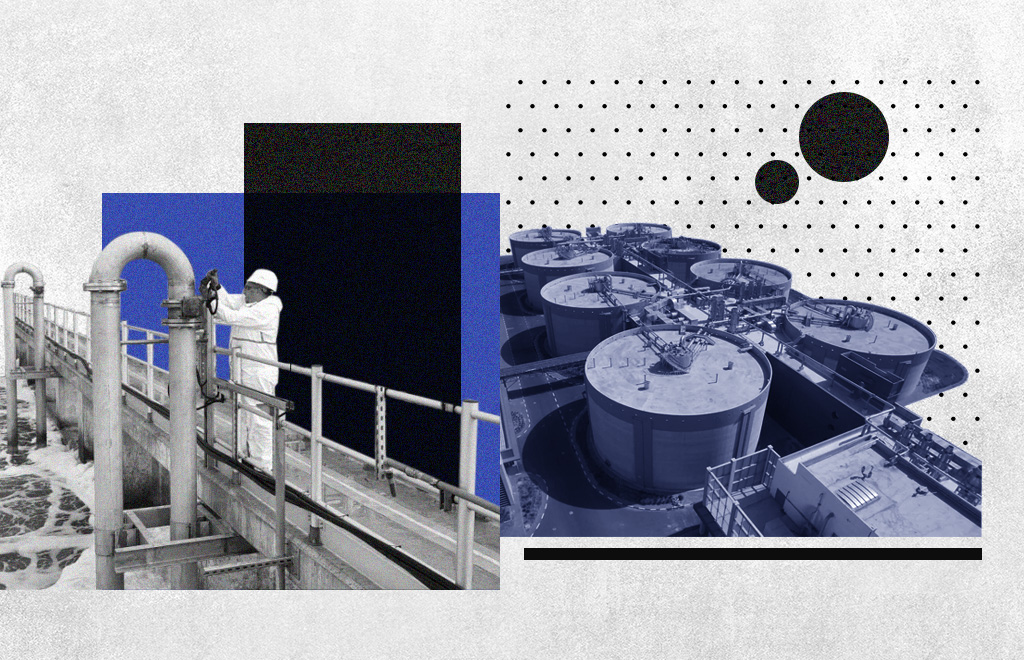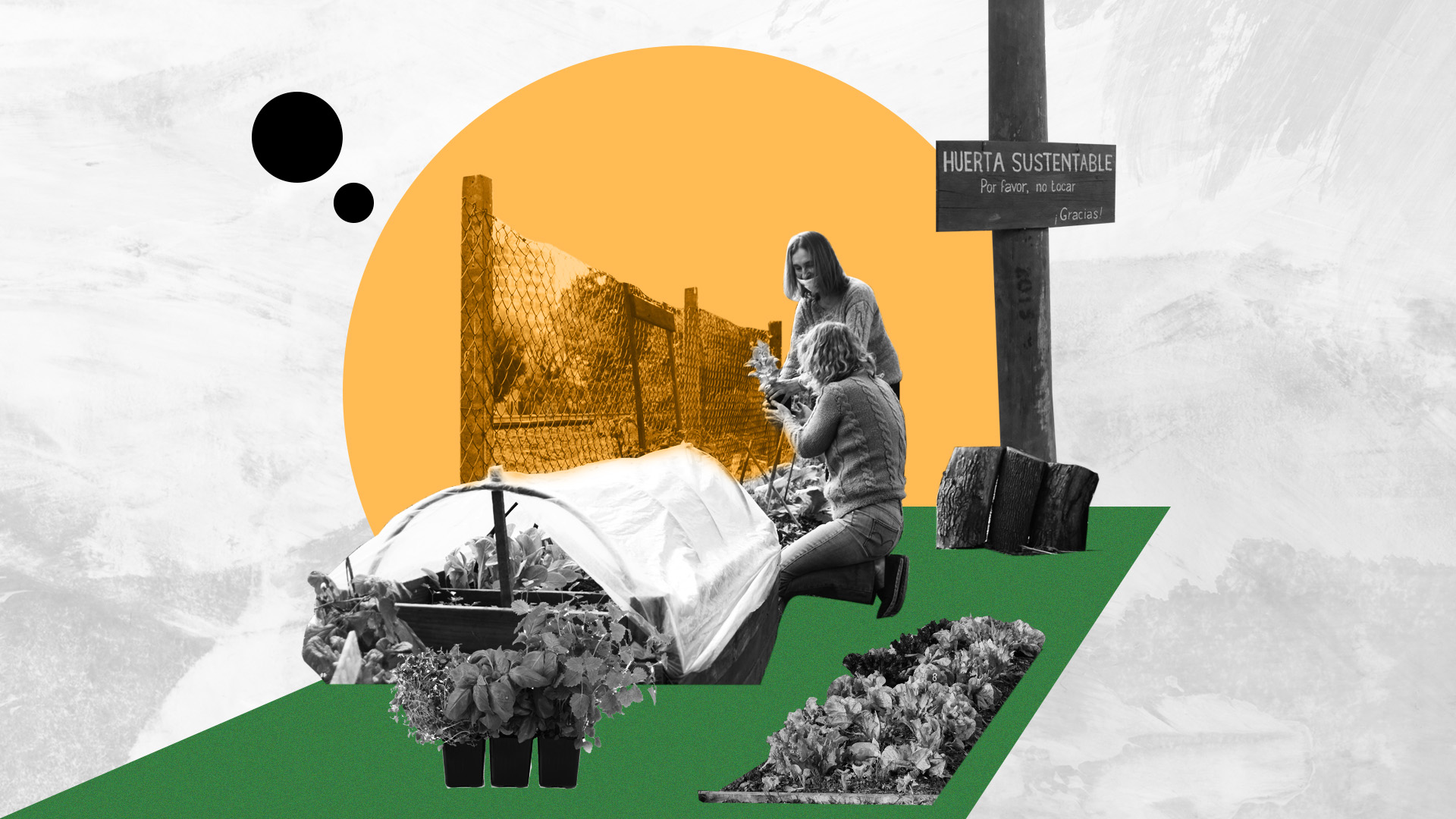How did a group of Uruguayan rural producers reverse the impact of droughts
In the South American country, the lack of rain lasted for more than three years and affected production and access to water in the entire territory. After seven years of sustained implementation of a conservation model, twenty-one producers managed to overcome the water deficit. They participated in the public-private +Water +Identity program led by The INDRA Foundation for the conservation of 3,000 hectares of native forests and wetlands, and 7,000 hectares of natural lands.
